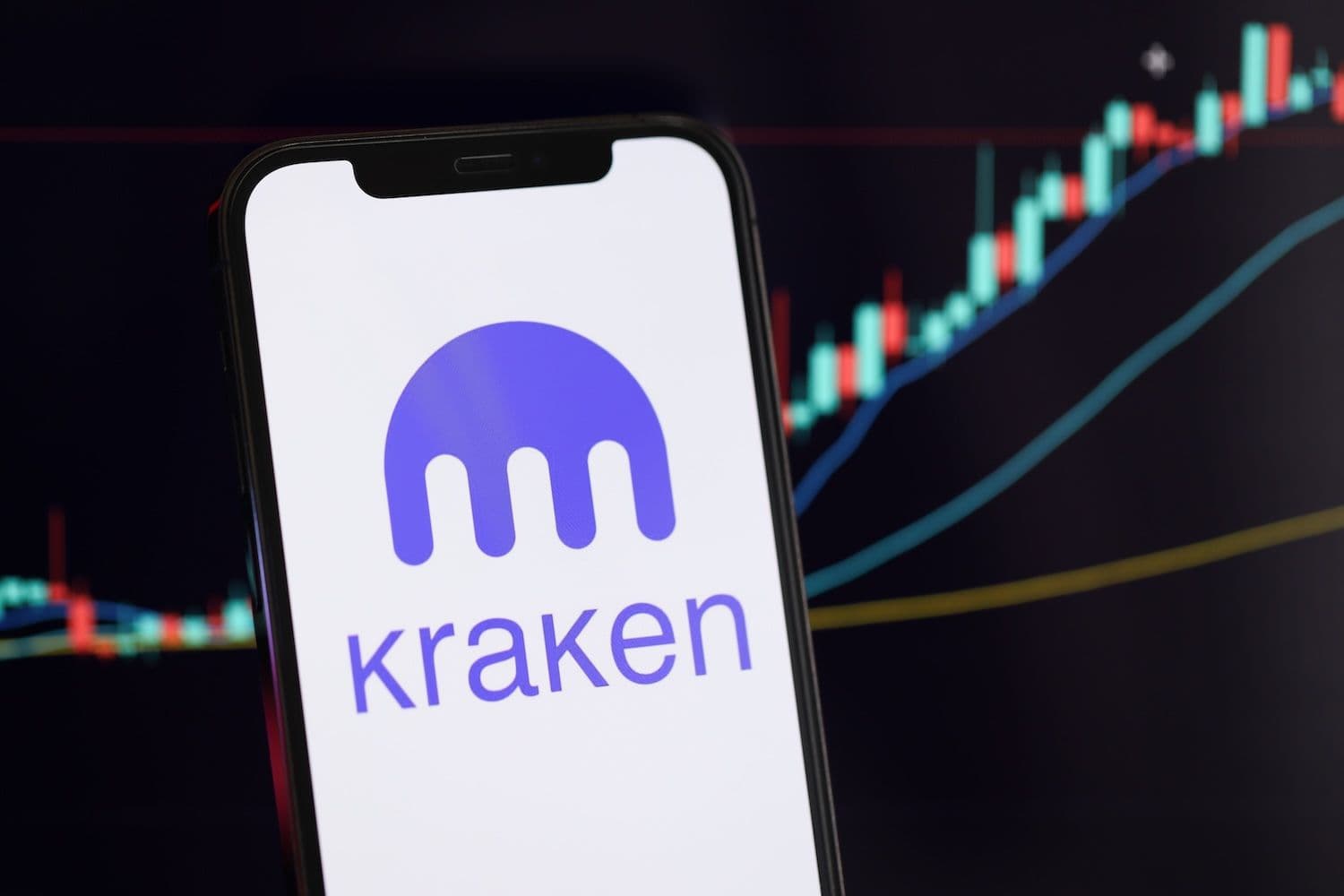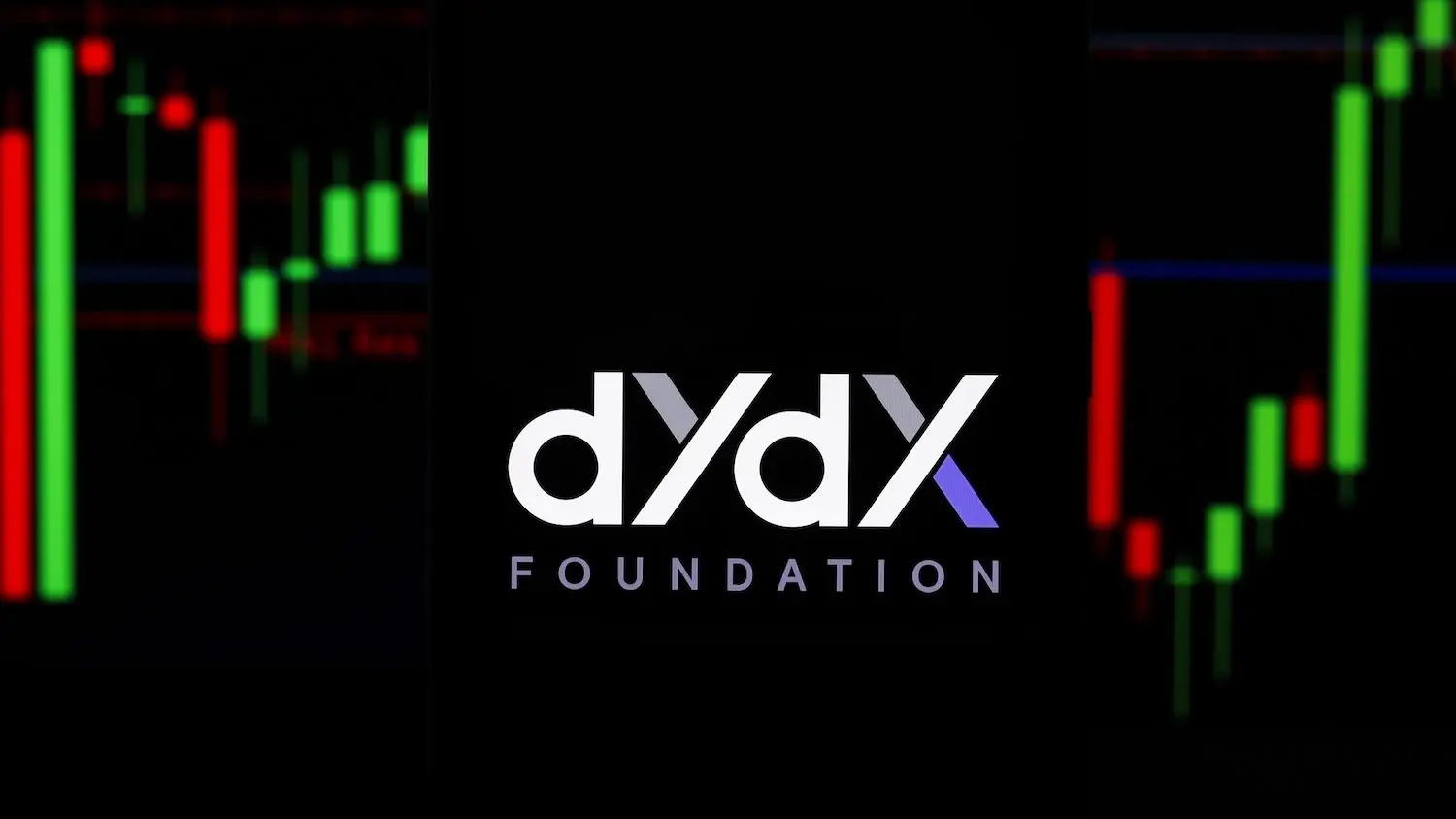Latest Crypto Exchange News and Insights | Yellow.com
Trust Yellow.com for the latest and most reliable Crypto Exchange news and insights. Stay informed with accurate updates, expert analyses, and comprehensive articles on Crypto Exchange trends and market movements.








